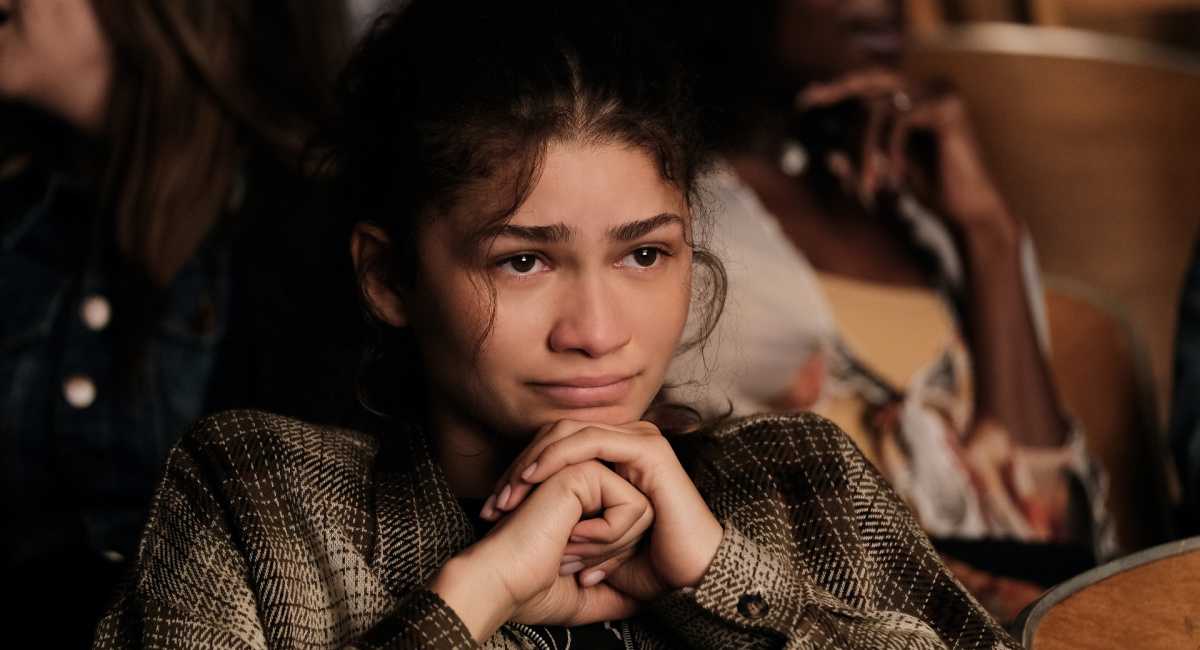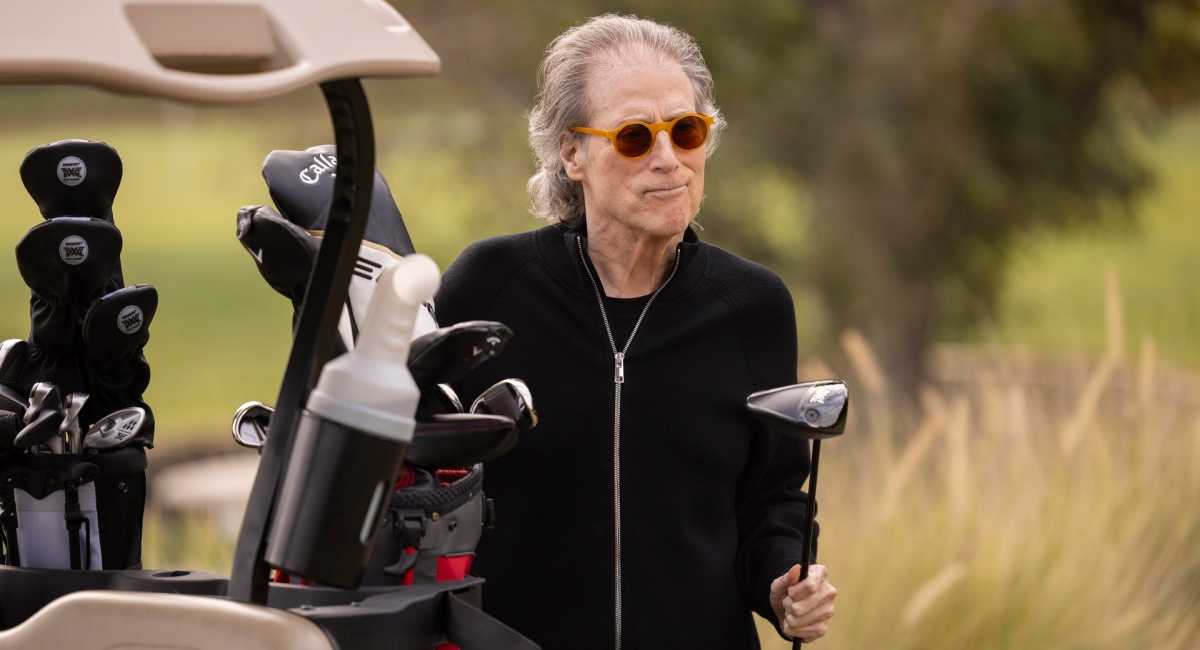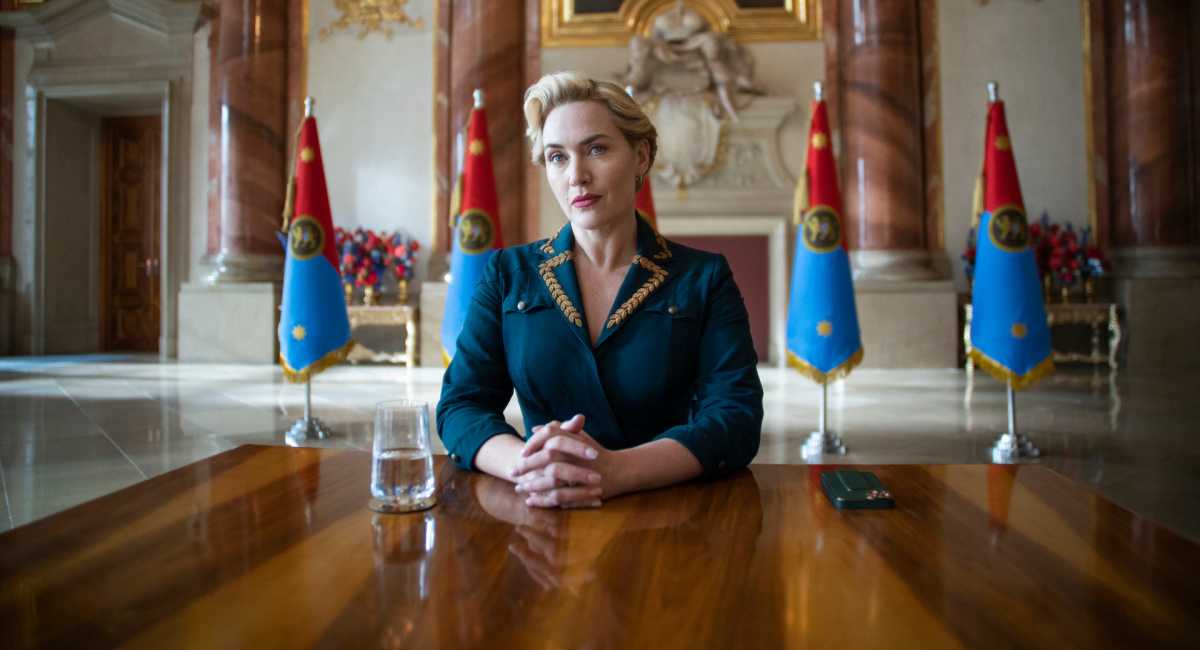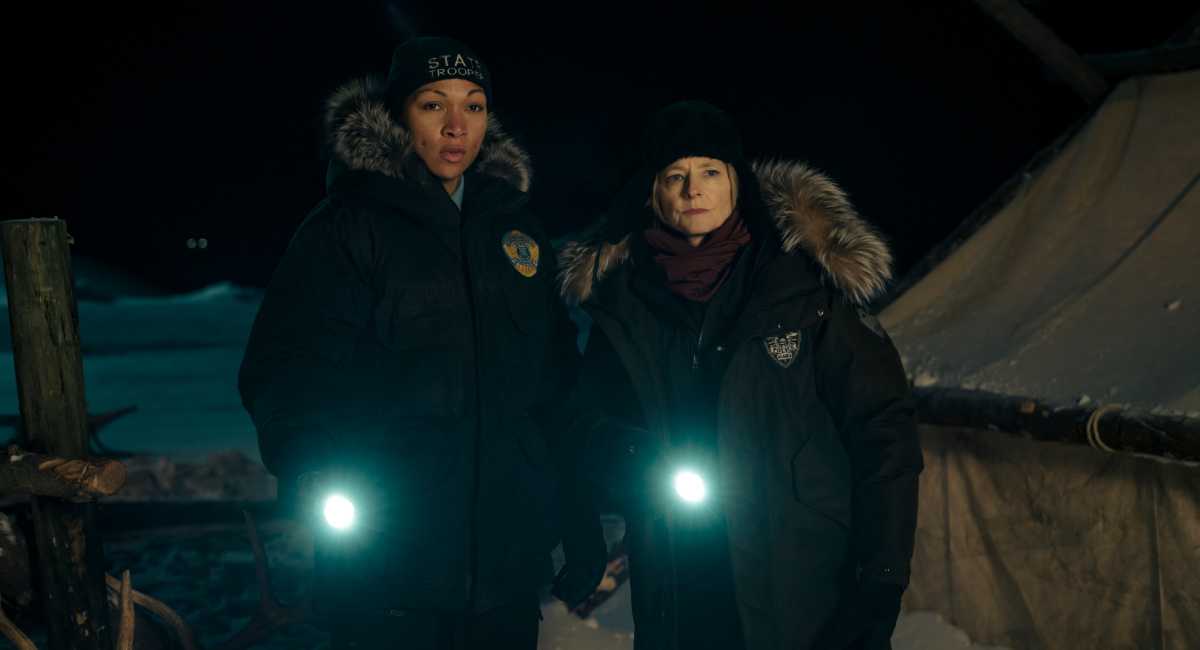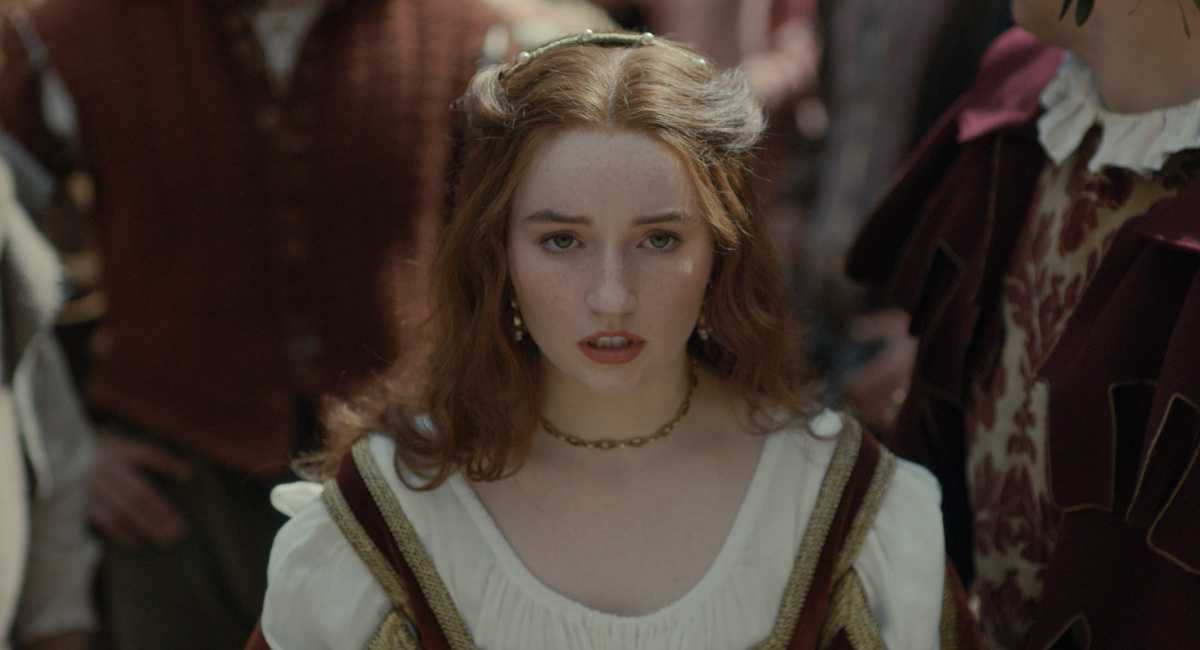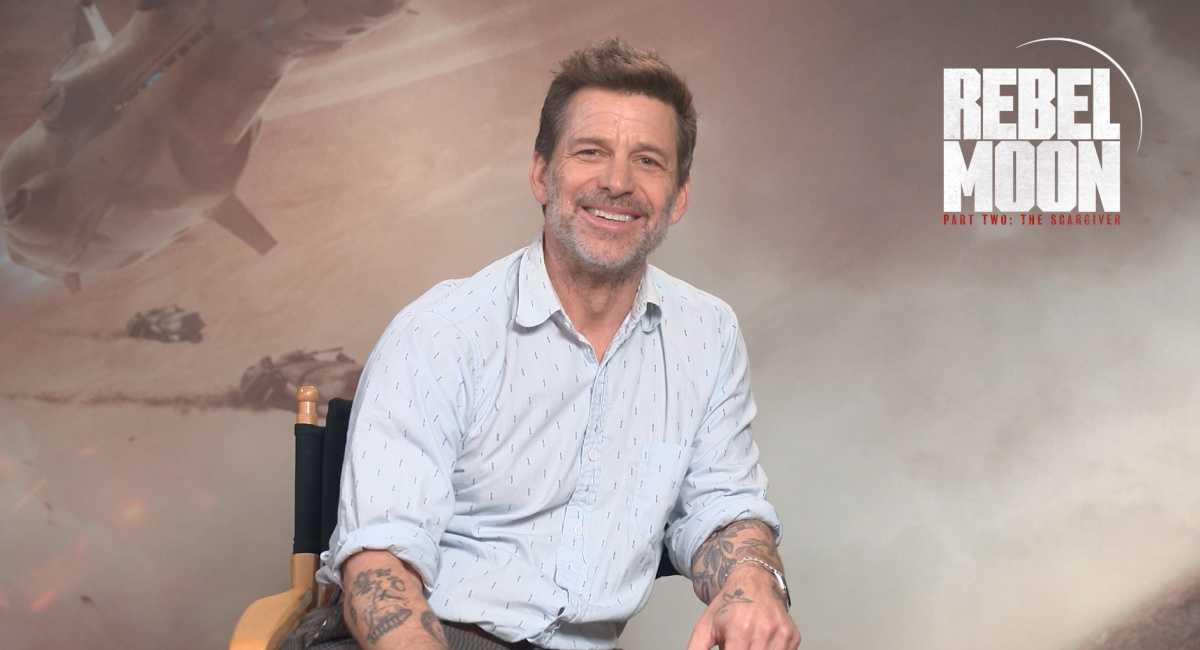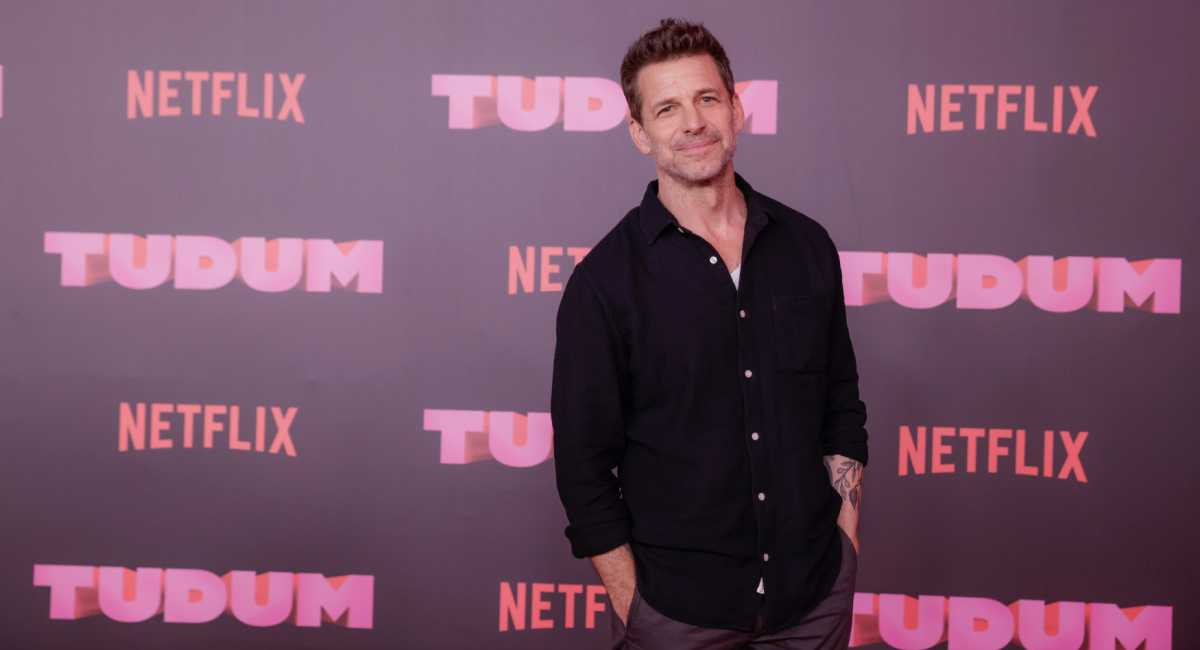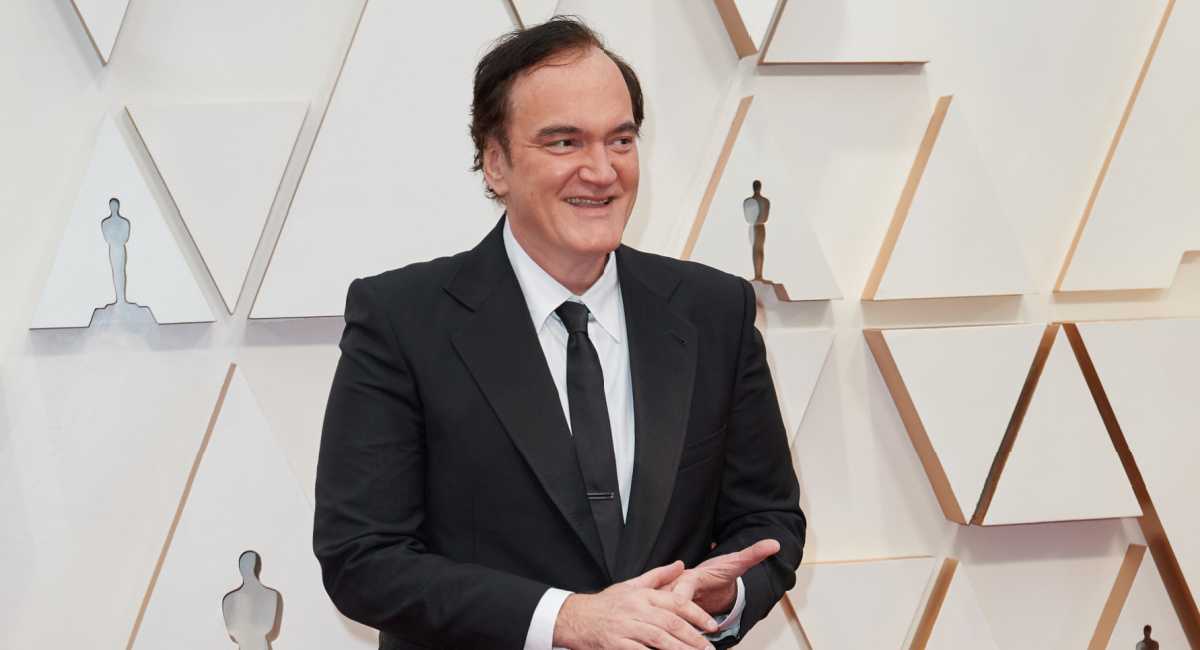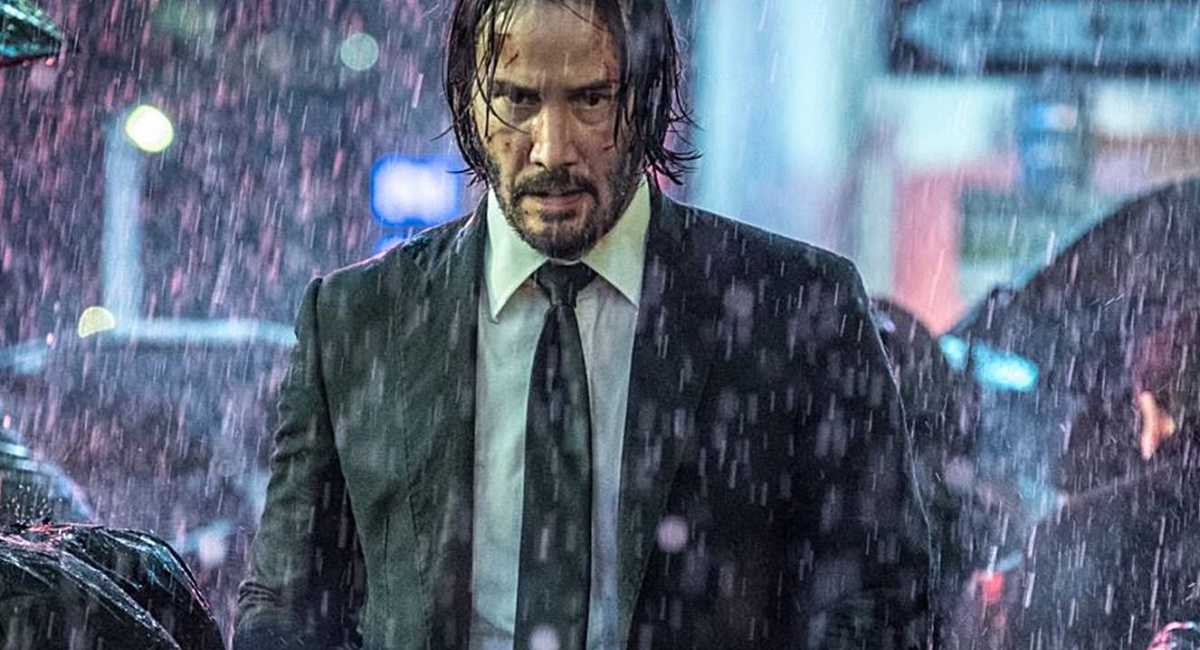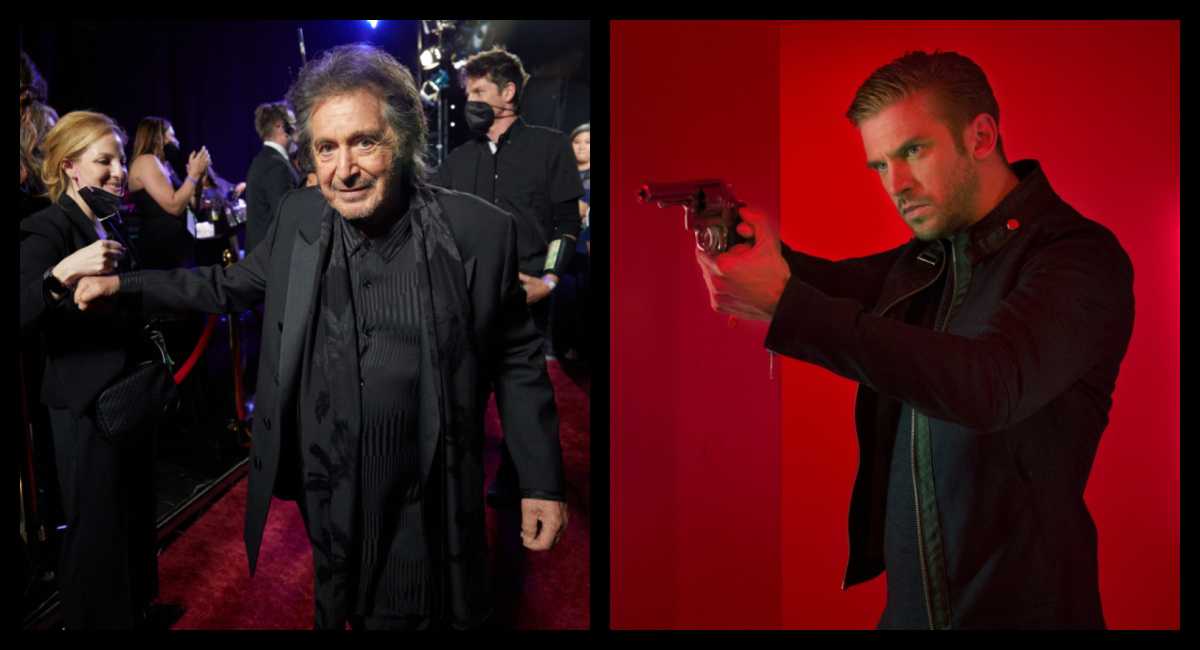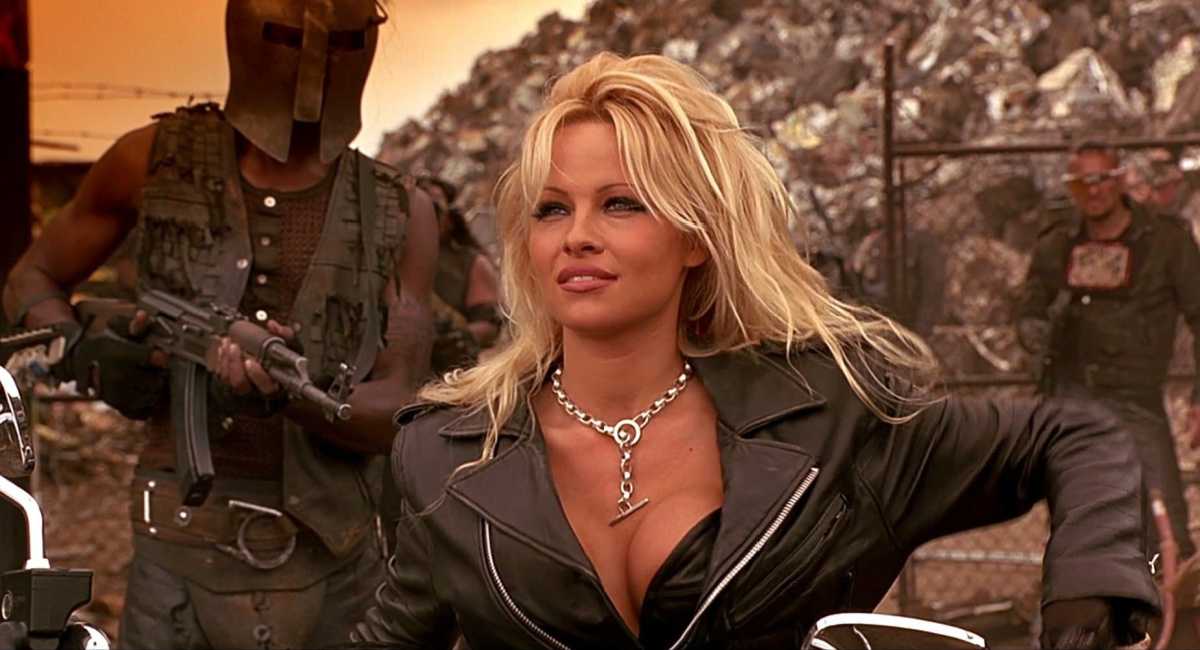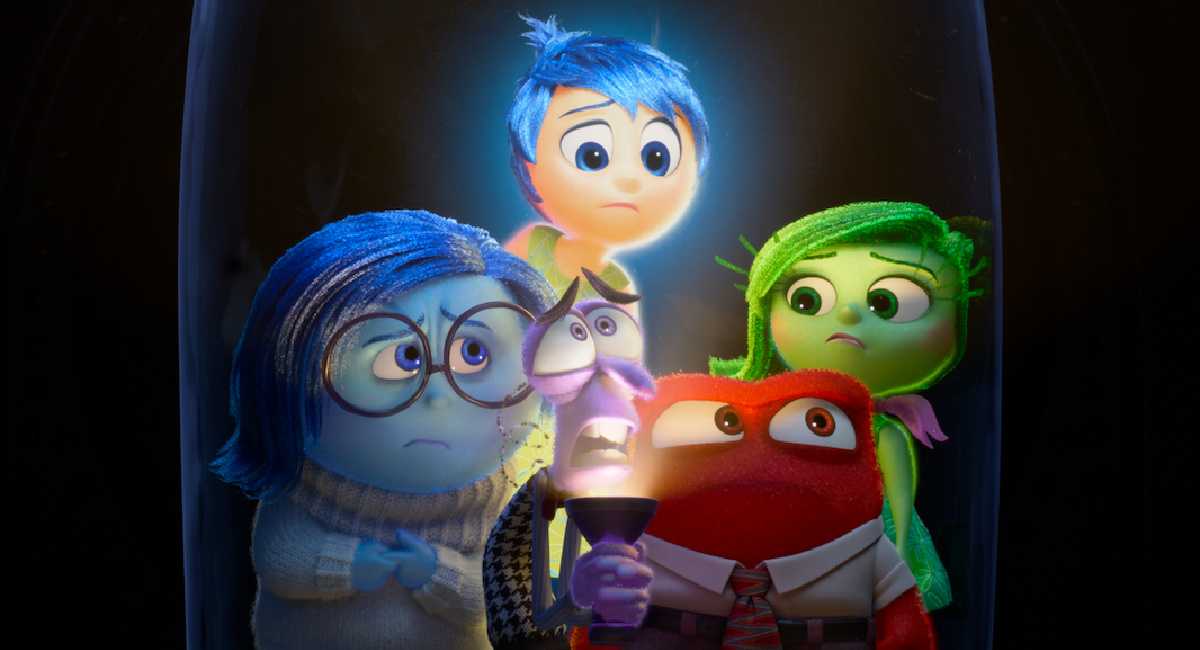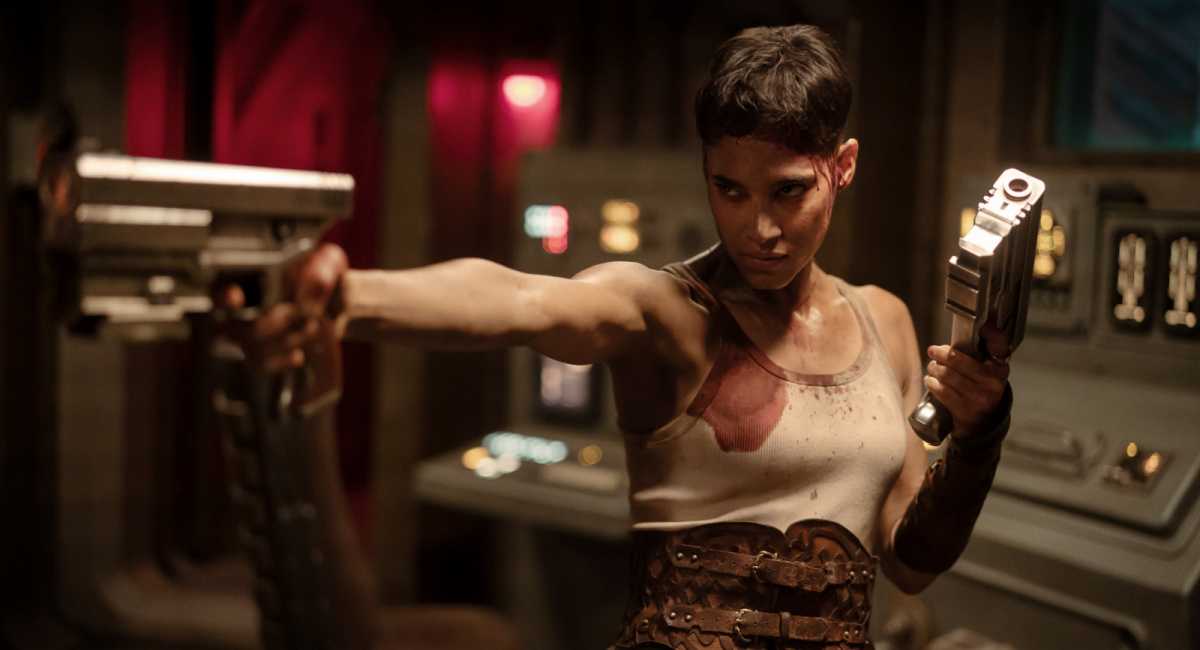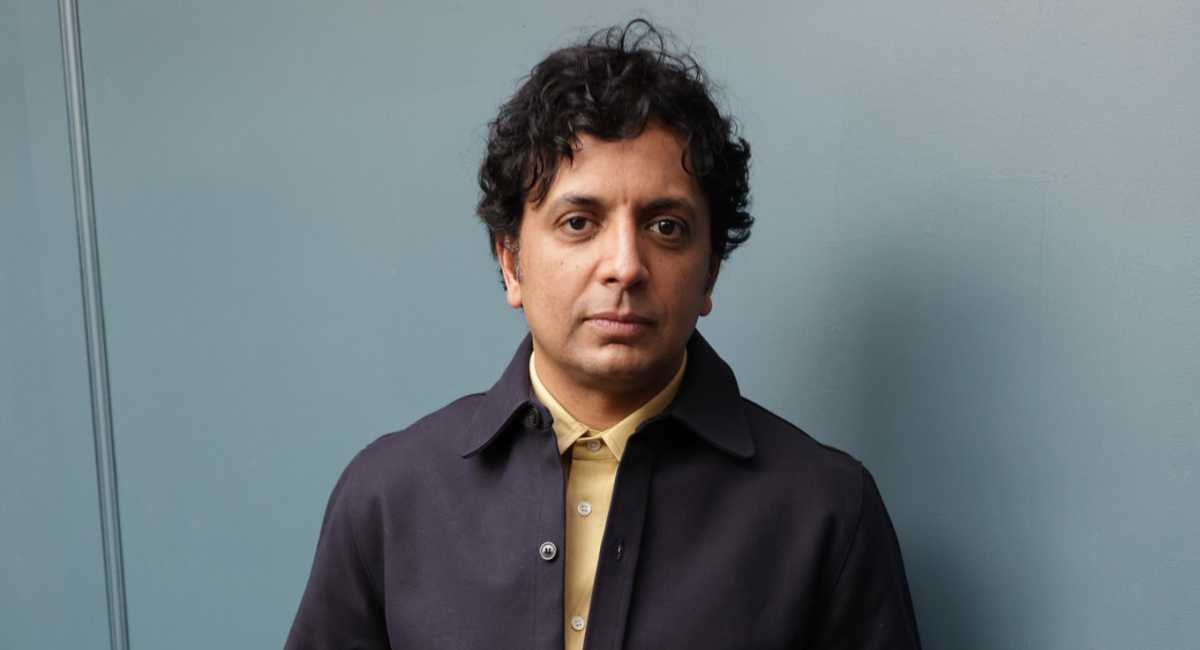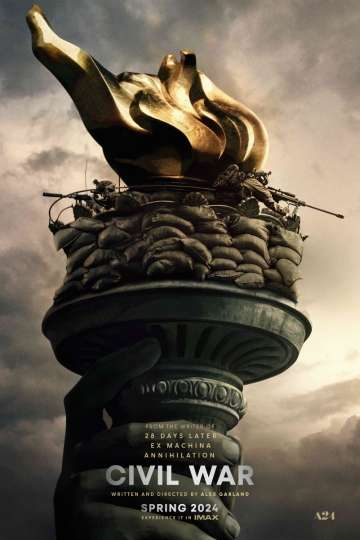Watchers on the Wall: 'Game of Thrones' and the Crumbling Barrier Between TV and Movies
There's surely no better place than an IMAX screen to watch a story about a 700-foot-high wall.
But the announcement this week that the two most recent "Game of Thrones" episodes (the epic ice battle episode "The Watchers on the Wall" and the shocking Season 4 finale "The Children") and a Season 5 trailer are coming to IMAX screens on Jan. 23 brings to mind another wall under assault -- the increasingly academic wall between movies and TV.
Granted, it makes sense for HBO to give theatergoers a healthy helping of its popular swords-and-skin fantasy series. After all, as large as George R.R. Martin's saga looms in pop culture chatter, there's still a majority of Americans who don't subscribe to the premium cable channel and haven't seen the show. The IMAX event is a good way to mobilize both newbies and longtime fans and to get both groups primed for this spring's new season. Plus, what longtime "GoT" fan wouldn't want to see two of the series most cinematic episodes on the biggest possible screen?
And yet, the the booking seems a surprising decision, at least for the theater owners. Aren't these the same people who've been trying for years to get us off our living room couches by promising us an experience we can't get from our increasingly theatrical-quality home entertainment systems? They're trying to pry us away from our TVs by offering us.... TV?
Still, let's face it, the movies have been becoming more TV-like all the time. Hollywood's big movie franchises, especially the Marvel Cinematic Universe films, are essentially long episodes in an over-arching, continuous narrative. The endless parade of movie trailers and ads for local and national merchants you have to sit through before the show seems more and more like watching commercials that you can't fast-forward or click away from. You can think of the seat-side meal service that many theaters now offer evening patrons as TV dinners writ large. Some theaters house regular pay-per-view events, like boxing matches, opera productions, and concerts. As theaters with digital projectors grow to rely more on satellite transmission of content and less on portable disk drives containing prints of feature films, they'll essentially become broadcast receivers, showing what is essentially satellite TV on very large flat-screens. So the "Game of Thrones" booking is just one more step toward the increasing TV-ification of cinema.
Conversely, what you watch at home is becoming more and more cinematic. Or at least how we used to think of cinema -- larger-than-life storytelling about people with big personalities coping with extreme situations. Besides "Game of Thrones," think "The Walking Dead," "How to Get Away With Murder," "American Horror Story," "Homeland," "Hannibal" (inspired, of course, by a popular movie series), and many others. Truly ambitious TV writers are crafting series with short seasons and closed-ended narratives like "True Detective" and "Fargo" (also inspired by a popular film) that play like complete films in bite-size chunks, complete with actual movie stars aboard (Matthew McConaughey, Woody Harrelson, Billy Bob Thornton, Martin Freeman). TV programmers have been boasting for years now that they've picked up the mantle that the film industry has all but abandoned and made TV a home for adventurous, complex, grown-up storytelling.
Lately, however, it seems that TV is becoming more like what the movies are now: desperate attempts to latch on to old brand names in the hope of generating hits from the familiar and comfortable and slowing the attrition of a youthful demographic increasingly uninterested in what the medium has to offer. Two weeks ago, Time magazine noted that the TV channels (network, basic cable, and premium alike) have an aggregate of at least 20 series currently in development based on old movies. Some are beloved hit films like "Big," "Hitch," "Minority Report," "Scream," "Rush Hour," "Marley & Me," "The Odd Couple" (already adapted to TV at least twice) and "Shutter Island" (the series will be a prequel called "Ashecliffe"). Others are cult favorites ("Bachelor Party," "Devil's Advocate," "Limitless," "Real Genius," "The Illusionist," "School of Rock," "Shooter," and SyFy's soon-to-debut "12 Monkeys"). But some are movies that no one really liked the first time around but that still have familiar names ("Monster-in-Law," "In Good Company"), which is apparently all you need to guarantee that there's a built-in audience, no matter how small. One adaptation, "Uncle Buck," was already tried as a series 25 years ago, and even though it didn't work then, someone thinks it can work now. And most meta of all is a TV version of "The Truman Show." For all the talk of a current TV golden age, this sort of programming suggests the kind of creative bankruptcy that we've come to complain about in Hollywood filmmaking.
Further complicating things are streaming services like Netflix, making no real distinction between movies and TV and in fact making them seem more alike. Either way, you're watching at your own convenience, not according to the schedule of the movie theater or the TV network, and you're probably watching on a handheld screen that's not really optimal for either TV or movies. And while you could watch individual episodes of TV shows, you're encouraged to binge-watch, turning each season of a TV series into a very long movie.
If you're an older viewer, these paradoxes may make your head hurt. But there's a younger generation of viewers who must take these paradoxes in stride. To them, the distinctions among all forms of on-screen entertainment have become increasingly meaningless. Whether you watch your story on a giant IMAX screen or your three-inch smartphone, it's all TV eventually.


